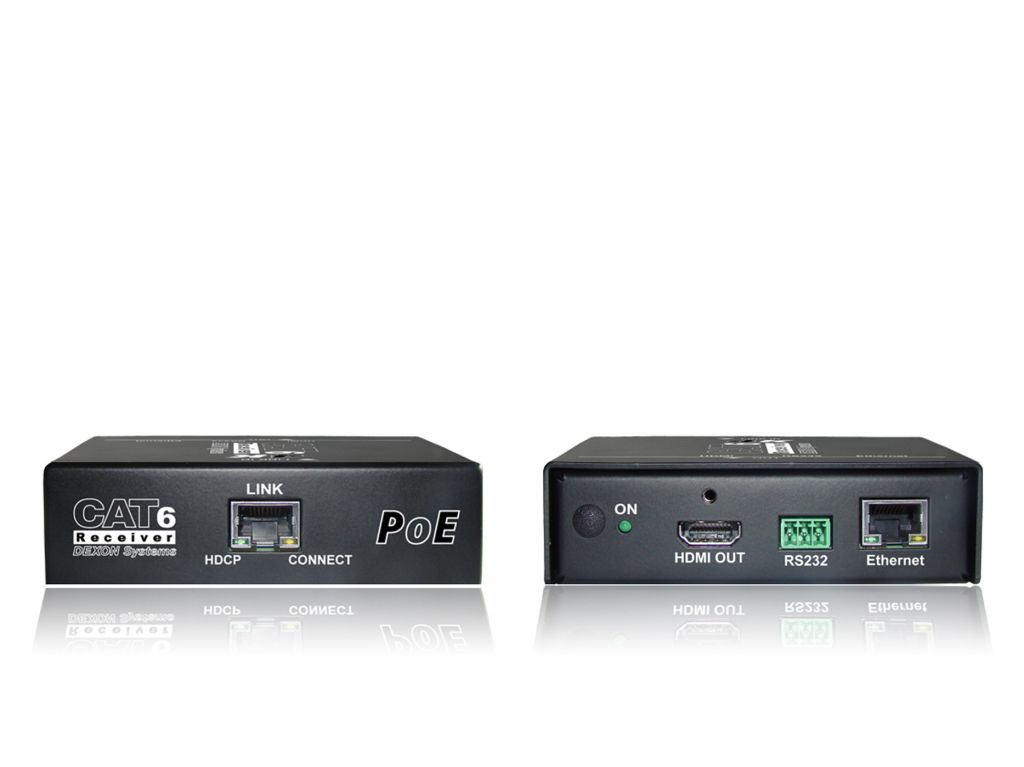What is a System Integrator? What Does a System Integrator Do?
Your AV systems deserve the best and sometimes, they need someone to come in and integrate, maintain, and improve your systems. But, who is responsible for such a task? Well, that’s where system integrators come in.
Not sure what a system integrator is? No problem. At DEXON, we like to help you get the most out of your AV technology, and that means telling you exactly how a system integrator can help improve your video wall processor, controller, and matrix switcher setup.
In this article, we discuss what a system integrator is, how you can become a system integrator, how VAR differs from system integration, and why system integration matters to your AV setup.
What is a system integrator?
Before we get into the specifics, let’s discuss what a system integrator is. A system integrator is an IT and AV professional who oversees and ensures the proper installation, maintenance, and integration of computerized systems. These industry pros are responsible for ensuring that your AV technology is performing at optimum levels and meeting your consumer demands at all times.
If they notice that your AV systems are failing to meet your demands or are not running as succinctly as possible, they will identify ways to improve your systems to ensure they work in unison and meet your needs.
If you think about taking your car to a garage or dealership every so often for an oil change or a service, then an AV system is no different. These professionals will essentially perform a service and help you troubleshoot any prominent issues with your AV technology.

How to become a system integrator?
There are no set qualifications for system integration, but candidates can benefit from a bachelor’s degree in computer science, software engineering, computer engineering, or a related field. This can provide candidates with the necessary skills to assess computerized systems and troubleshoot issues.
To become a systems integrator, you will also need a comprehensive understanding of the types of AV equipment you’re likely to service or install. This means becoming familiar with things like video wall technology, processors, controllers, and matrixes that are necessary to a well-functioning video display system.
Candidates will also need lots of skills to become a successful system integrator. Here’s a list of skills you’ll need to do this role:
- Problem-solving skills
- Dexterity
- Technical skills
- Knowledge of computer systems
- Mathematical skills
- Information management
- Project management
- Computer hardware understanding

What does a system integrator do?
Now that we know what a system integrator is, let’s go through some of their primary responsibilities. Of course, we know that a system integrator optimizes your computer systems, but how do they do this?
Well, this professional will typically consult with their client and understand their technology needs. Take a video wall setup, for example. The client may require a comprehensive video wall solution to improve their presentations and communication in their business. However, they may be experiencing technical issues, such as their systems not working as one, becoming confused, and disrupting the quality of the display.
The systems integrator will then assess the problem for themselves and troubleshoot the issue. From this, the systems integrator will find a way to make their client’s systems work as one integrated system, removing the confusing elements and improving the quality of their display.
This may involve consulting their clients on the correct technology to invest in, or finding new ways of operating this technology to improve their experience.
A system integrator’s role can be broken down into these bullet points:
- Planning
- Coordinating
- Troubleshooting
- Scheduling
- Testing
- Maintaining
- Installation

What is a VAR and how does it differ from a system integrator?
VAR and systems integrators perform many of the same roles. A value-added reseller resells networking, hardware, software, and IT solutions to a client or business in an attempt to improve their experience with their IT or AV systems. Ultimately, system integrators and VAR have the same goal to unify operations and make things run more smoothly.
The main difference between VAR and system integrators is that system integrators tend to be more software-oriented, providing personalized and custom services to their clients. This means that system integrators will assess the individual problem and make a judgment after a comprehensive consultation period.
While VAR still does this, they tend to focus on the physical product and hardware, improving the systems instead of optimizing the overall operation. VARs build complete systems by combining computer systems, whereas system integrators arguably have a more variable role.
Why is a system integrator’s work important? How does it affect the modern world?
Technology is all around us, and the more we lean on technology to dictate our presentations, entertainment, sporting, and business, the more we will need system integrators.
Here is a list of reasons why system integration is important:
- Introduce new technology: The modern world is dictated by new technology, and it’s understandable if you’re not overly familiar with every new gadget that is released into the market. To tackle this, systems integrators can take the mystery out of installing new technology and show you exactly how to operate new systems. This allows you to stay on top of your competitors in the race to become a market leader.
- Address key challenges: Overcoming challenge is critical for many businesses, and in the modern world, challenge is always lurking around the corner. Systems integrators can help you overcome technological challenges, building your resilience as a company.
- Maximizing ROI: When you invest in expensive AV technology, it's only normal to want it to work. To maximize your investment and increase your ROI, it's important to get a systems integrator to show you how you can get the most out of your technology.
- Improved productivity: When technology stops operating as it should, it slows you down. When you’re not moving fast, you stop getting so much done. This has a huge impact on mission-critical businesses that need fast rates of productivity to operate, which in the modern world, is the majority of industries. With the help of a systems integrator, you can increase the speed and productivity of your systems and get back to the work that matters!
That concludes your guide to all things systems integrators. To find out more AV tips and tricks, make sure you check out the rest of DEXON’s blog where we discuss everything from AV careers to video wall technology.

